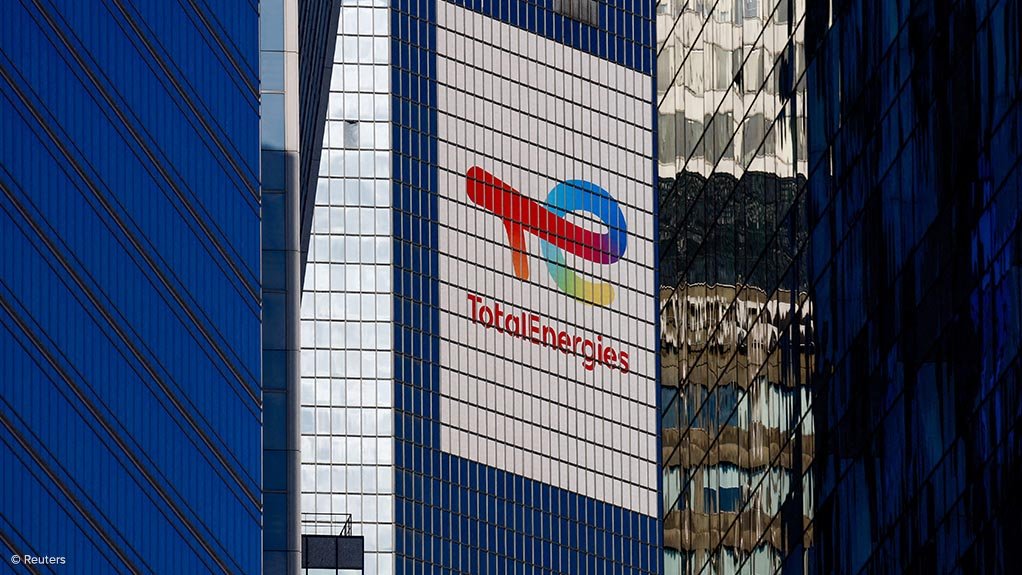South Africa’s rapid switch to become a net importer of fuel creates supply risks requiring infrastructure to store and transport the fuel, according to State-owned logistics firm Transnet.
Africa’s most industrialised nation relied on imports for 61% of its petroleum product supply in 2023 compared with 22% four years ago due to the shutting of multiple refineries, Transnet said in a presentation last week.
Growing dependence on imports leaves South Africa’s fuel pipeline system susceptible to interruptions that “may result in temporary fuel shortages,” according to Transnet. The company plans investment in the port of Durban to add tanks, a fuel import terminal and a jet fuel pipeline.
South Africa’s refining capacity has shrunk due to a combination of industrial accidents and the approach of new low-sulfur fuel standards that require greater investment in aging plants. The 2021 shutdown of the Engen oil refinery in South Africa, and a lack of feedstock for State-owned PetroSA’s gas-to-liquids plant have also curtailed the country’s fuel output.
Traders have identified opportunities due to the situation. A unit of Vitol Group agreed in February 2023 to buy Petroliam Nasional Bhd.’s 74% stake in Engen, South Africa’s largest fuel-station chain. TotalEnergies SE plans to expand fuel trade there.
EMAIL THIS ARTICLE SAVE THIS ARTICLE
To subscribe email subscriptions@creamermedia.co.za or click here
To advertise email advertising@creamermedia.co.za or click here











